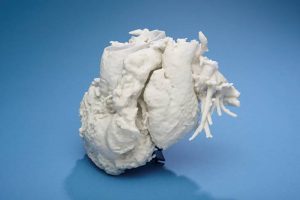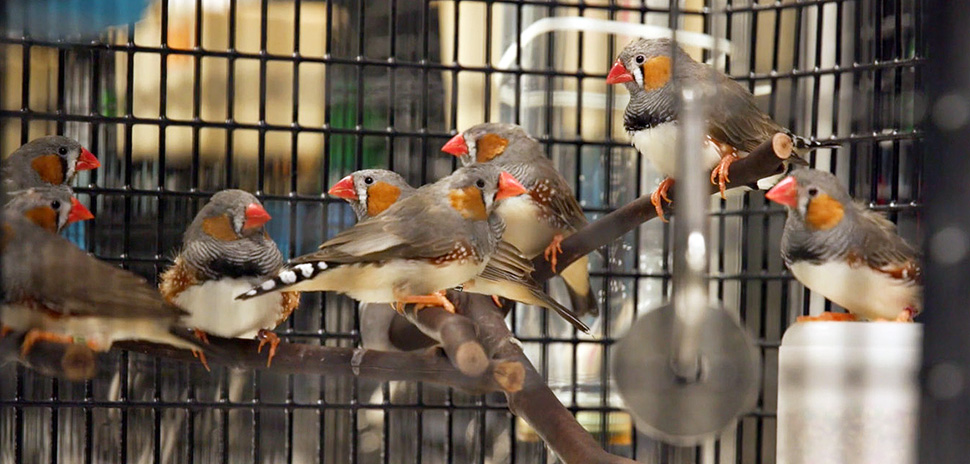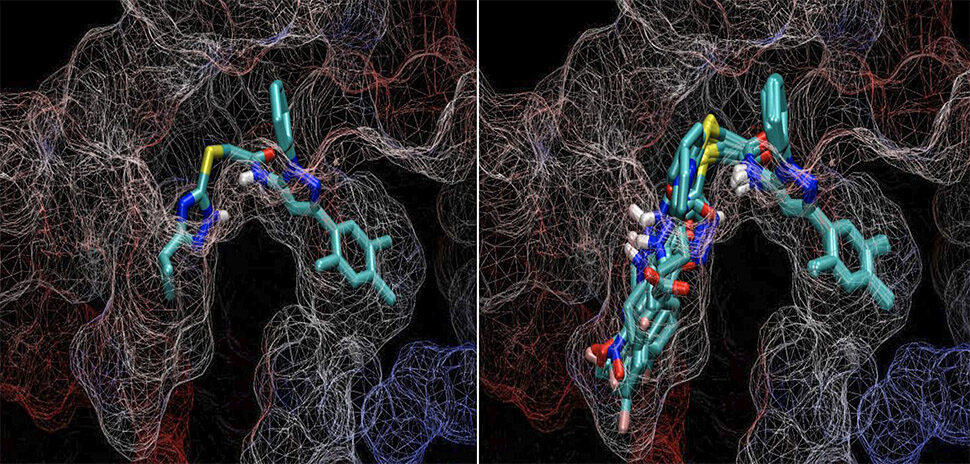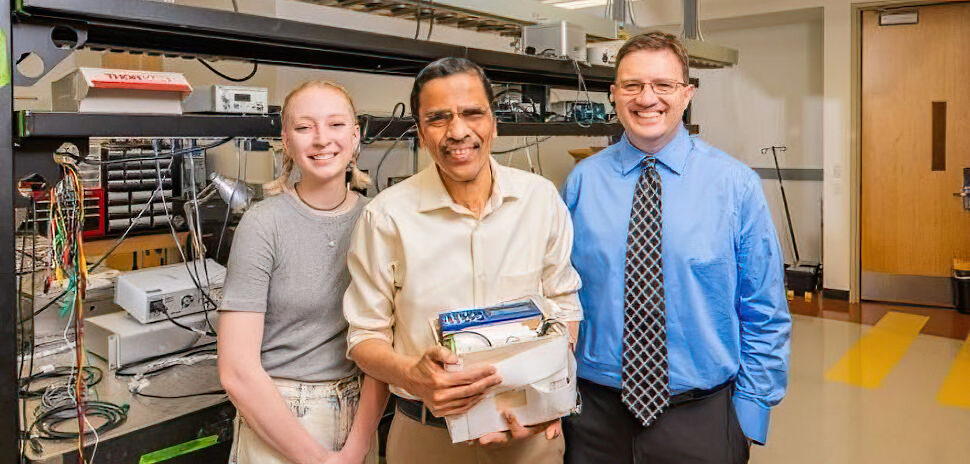INVESTIGATORS SHOW HOW NEURONS DETERMINE VOCAL BEHAVIORS
![]() Scientists at UT Southwestern’s Peter O’Donnell Jr. Brain Institute are using songbirds to demonstrate that a specific set of neurons may influence how humans learn vocal behaviors.
Scientists at UT Southwestern’s Peter O’Donnell Jr. Brain Institute are using songbirds to demonstrate that a specific set of neurons may influence how humans learn vocal behaviors.
Their study shows that a bird’s song can be altered to the syllable by activating and deactivating a neural pathway responsible for telling the brain if a vocalization was performed correctly, according to UT Southwestern.
Previously, research showed that when a song was perform without a perceived error, certain neurons release dopamine to areas of the brain that are involved in motor control. The new study, however, shows that if those neurons are activated or suppressed, researchers can prompt the birds — zebra finches — to change specific syllables in the future.
“The results show unexpected precision in how these signals can guide the refinement of vocalizations.”
Dr. Todd Roberts
“The results show unexpected precision in how these signals can guide the refinement of vocalizations,” Dr. Todd Roberts, an UTSW assistant professor of neuroscience, said in a release. “We expect this pathway plays a similar role in how people learn and adjust their speech.”
How can this research be used to help humans?
Scientists hope to eventually use the knowledge gained to target specific genes that disrupt speech in patients with autism or other neurodevelopmental conditions, UT Southwestern said. The research has been ongoing for some, and we reported on it last year.
UT DALLAS SCIENTISTS DEVELOP ‘MICRONEEDLE’ PATCHES
Researchers at the University of Texas at Dallas have developed a new low-cost way of making microneedle arrays, which are a small-syringe alternative patch for administering drugs to patients, according to a report in 3D Printing Industry.
The publicaiton said that the new method combines a commercially available 3D printer with a chemical etching technique that creates ultra-fine microscopic pins. The pins are made in a range of medical materials that are unavailable currently to high-res 3D printing methods.
Microneedle patches alleviate the pain and safety risks that are associated with traditional pain-relieve delivery methods using a syringe, and they have a longer shelf life than drugs manufactured as an injectable liquid, 3D Printing Industry reported.
Find out more here.
$1M GRANT SUPPORTS VASCULAR RESEARCH, CAREER DEVELOPMENT
The Dallas-based American Heart Association and VIVA Physicians Inc. of San Jose, California, have announced a two-year $1 million grant program to support research initiatives in vascular disease and career development opportunities for early career investigators at the post-doctoral level.

A 3D image of a heart. [Photo courtesy of Children’s Health]
Research supported by the project will focus on clinical and population research in vascular disease, the partners said in a release. The program’s goal is to encourage more scientific research in the field and, ultimately, fund scientists who will make discoveries that advance the care and improve the quality of life of individuals with vascular diseases.
The American Heart Association and VIVA said that interested early career investigators should submit an application for the American Heart Association Postdoctoral Fellowship or Career Development Award via [email protected]. Also, applicants who have questions can email [email protected].
READ NEXT
Discovery: New UTSW Protocol Detects Bone Metastases, UTA Startup Gets Funding & Research Agreement
Discovery: Targeting Cancer Stem Cells, UTA Chemist Honored as Distinguished Scientist
Discovery: Aiding a Fragile Mussel, Trial Seeks Multiple Myeloma Patients, 3-D Universe
Discovery: Sway, TCU Partner on Sports Performance Research & UTA Gets $3.3M for Heart Study
Discovery: New Hope For Extending Brain Function, UTD Testing Unique Education Method for Physics
Discovery: REHEAL Glove Aids Healing, UNT Team Creates Revolutionary Material
Discovery: New Tech to Battle Heart Failure, Crystals Behave Unexpectedly Under Heat
![]()
Get on the list.
Sign up to keep your eye on what’s new and next in Dallas-Fort Worth, every day.































